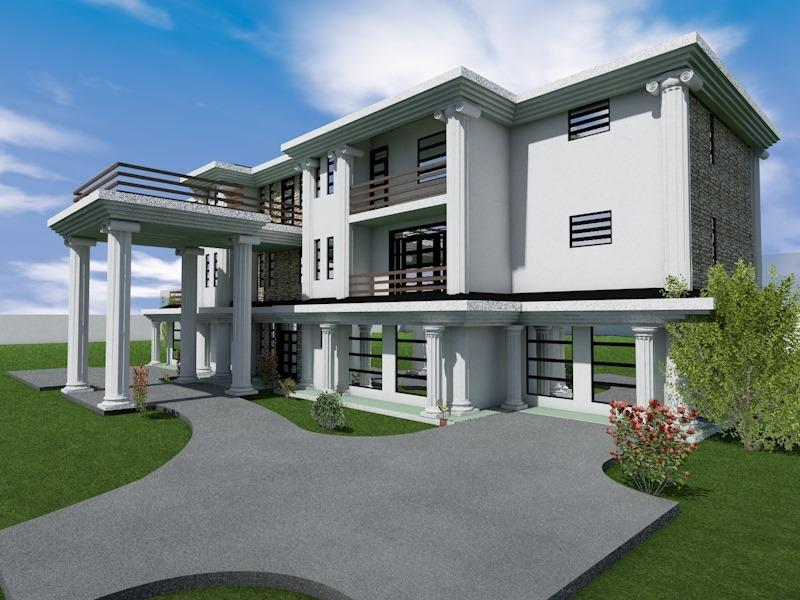Over the years, use of Expanded Polystyrene (EPS) has gained traction as more Kenyans look for affordable ways to own homes. The white product that was Invented to provide insulation, was introduced in Kenya around 2004 and is now used in construction to make slabs, walls and stairs. Various manufacturers produce EPS, including the National Housing Corporation (NHC) and Cemex Ltd (CMAX).
An Eps panel consists of styrene balls at the core and a welded steel wire frame on two lateral sides held in place by diagonal steel wires that cut through the core to meet the frame on each side. EPS is manufactured from byproducts of the oil refining process which are the styrene beads containing pentane gas. These beads are blown into a steel mold which is then injected with steam after which they increase in size. The expansion causes an increase in pressure and the beads come together to form a solid block. The block is then removed from the mold, weighed to confirm the density and tested for proper fusion. Whatever dimensions and shapes are required can then be cut from the block and the mesh welded.
On site, the number of panels needed are determined and they are transported to site. They are then assembled, plumbing and electric works are done and a layer of shotcrete is sprayed on using pressurized sprayers. The building can now undergo various finishes.
A property of Eps to look out for is density. Density affects mechanical properties such as compression strength, shear strength, tension and flexural strengths and stiffness. The density of the material also impacts on its insulation properties and water absorption properties. Generally, water absorption reduces with increase in density. The minimum density is 15 kg/m3. The cost of manufacturing also increases proportionally with increase in density.
Various advantages attributed to EPS in housing and construction include;
- Reduced labor costs and construction time because its lightweight and easy to install
- Great insulation properties and increased thermal efficiency
- It is easily manipulated in case of change of design before shotcreting
- Plumbing and electrical works are made easier
- It is recyclable therefore environmentally friendly
- It is fire-resistant
- It is sound proof
- Because of its resistance, it performs exceptionally well in earthquakes
However, various disadvantages are associated with EPS.
- Production is only done In and around Nairobi so transport cost is a big factor for upcountry projects.
- EPS needs specialized labor
- The manufacturing of EPS is not environmentally friendly
As the need for housing increases, Pitan Developers seeks to provide professional guidance and support to all clients. We have vast experience in this type of ABMT and so much more.

